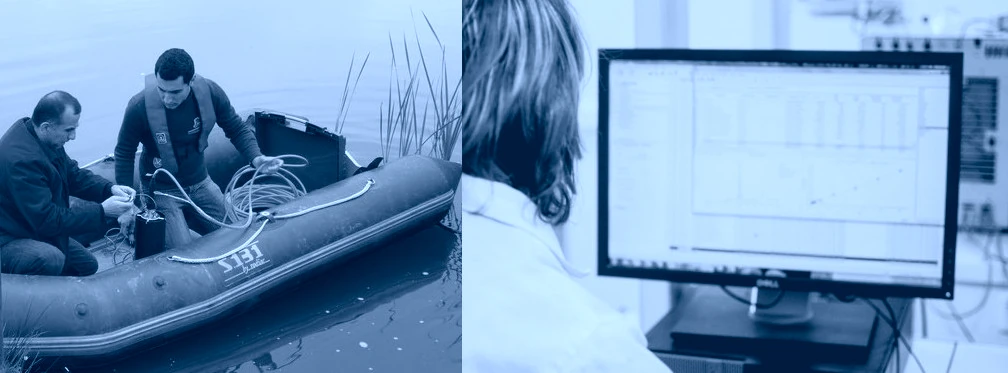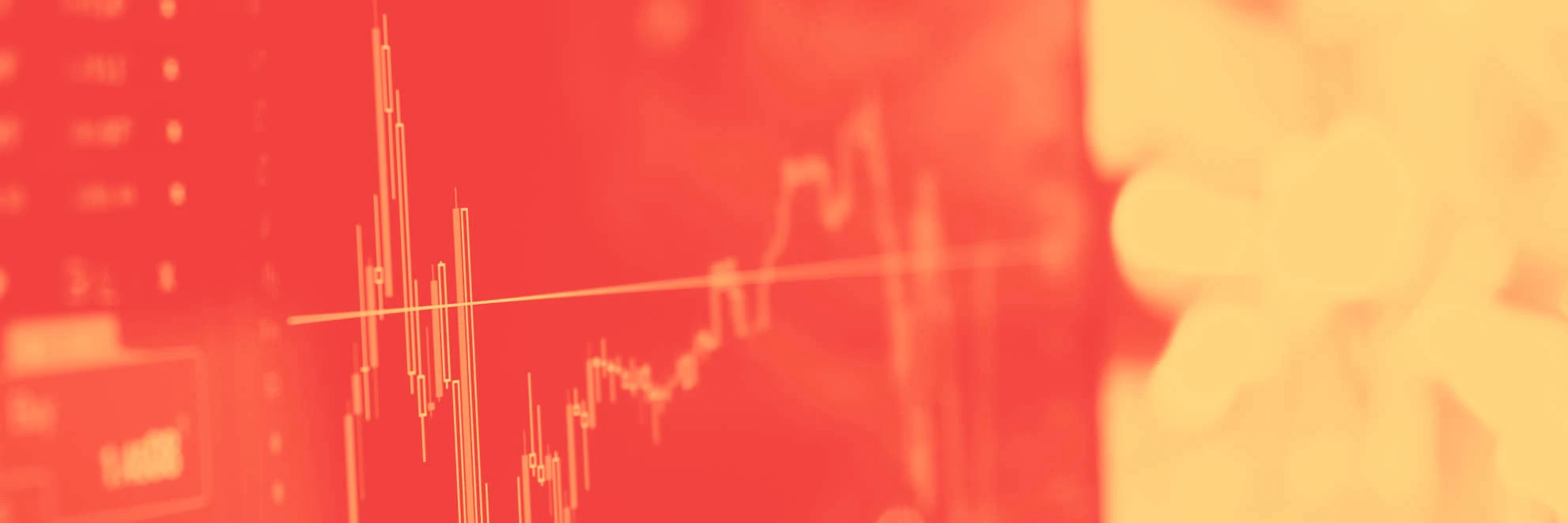Recent publications
935.
- titre
- Assessing water quality restoration measures in Lake Pampulha (Brazil) through remote sensing imagery
- auteur
- Alexandre Assunção, Talita Silva, Lino de Carvalho, Brigitte Vinçon-Leite
- article
- Environmental Science and Pollution Research, 2025, ⟨10.1007/s11356-025-35914-6⟩
- titre
- Do suspended particles matter for wastewater-based epidemiology?
- auteur
- Gauthier Bernier-Turpin, Régis Moilleron, Chloé Cenik, Fabrice Alliot, Sabrina Guérin-Rechdaoui, Thomas Thiebault
- article
- Water Research, In press, 280, pp.123543. ⟨10.1016/j.watres.2025.123543⟩
- titre
- Plastic debris dataset on the Seine riverbanks: up to 38 000 pre-production plastic pellets reported per square meter
- auteur
- Romain Tramoy, Laurent Colasse, Johnny Gasperi, Bruno Tassin
- article
- Data in Brief, 2025, pp.111735. ⟨10.1016/j.dib.2025.111735⟩
- titre
- La persistance des champs d’épandage d’eaux usées de l’agglomération parisienne au cours du second XXe siècle
- auteur
- Etienne Dufour
- article
- Métropolitiques, 2025, ⟨10.56698/metropolitiques.2174⟩
- titre
- Stock and vertical distribution of microplastics and tire and road wear particles into the soils of a high-traffic roadside biofiltration swale
- auteur
- Max Beaurepaire, Tiago de Oliveira, Johnny Gasperi, Romain Tramoy, Mohamed Saad, Bruno Tassin, Rachid Dris
- article
- Environmental Pollution, 2025, 373, pp.126092. ⟨10.1016/j.envpol.2025.126092⟩
SmartWaterTwin - presentation
published on , updated on
Years : 2022 - 2025
Name of the projet : SmartWaterTwin : Twinning for smart water - Penser et repenser l’économie circulaire dans le secteur de l’eau.
1. Serbia’s first step in the circular treatment of wastewater
The Western Balkans’ water sector is currently facing a variety of challenges worsened by climate change and pollution. The circular economy can help. Indeed, wastewater can serve as an innovative solution contributing to the nexus of water, energy and material recovery. The EU-funded SmartWaterTwin project will boost knowledge and research excellence in the area of sustainable wastewater treatment and management by increasing the scientific and technical capacities in Serbia. Eventually, the project will help shift the paradigm from a linear and traditional model towards the future, circular one.
2. Objectives
The Green Agenda for the Western Balkans, through its pillars, addresses the initiatives to support the region in developing circular economy (CE) strategies and fighting pollution of air, water and soil. Driven by increased demands in water, energy and food, and simultaneously with the necessity to reduce environmental impact, the water treatment sector urges for innovative solutions. According to this wastewater can potentially contribute to the nexus of water, energy and material recovery, concerning the circular-economy design. The SmartWaterTwin project aims to boost knowledge and research excellence in the area of sustainable wastewater treatment and management by increasing the scientific and technical capacities of widening institutions.
In the long run, SmartWaterTwin will initiate the paradigm-shifting from linear (traditional) toward a circular (future) model in the water sector in The Republic of Serbia. In addition, it will serve as a “soft instrument” for assessing the boundary conditions for circularity by influencing knowledge levels, collaboration and policy creation. Analysis assessment for the potential benefits of the circular economy for Serbia will be performed and can be extrapolated for WB region. Indicators measuring performance towards the development of CE are competitiveness and innovation, which will be unleashed throughout the project objectives.
The project will provide an opportunity for twinning in a coherent international approach to the circular economy through developing a comparative analysis from two perspectives - ""thinking and rethinking"" of circular economy in the water sector. The project will change the perception of wastewater- do not think about waste but about the source.
Partners
- University of Novi Sad - Faculté des Sciences (Serbie)
- Université Paris-Est Créteil - LEESU (France)
- Institut Catala de Recerca de l’Aigua - ICRA (Espagne)
Contacts: Julien Le Roux et Régis Moilleron

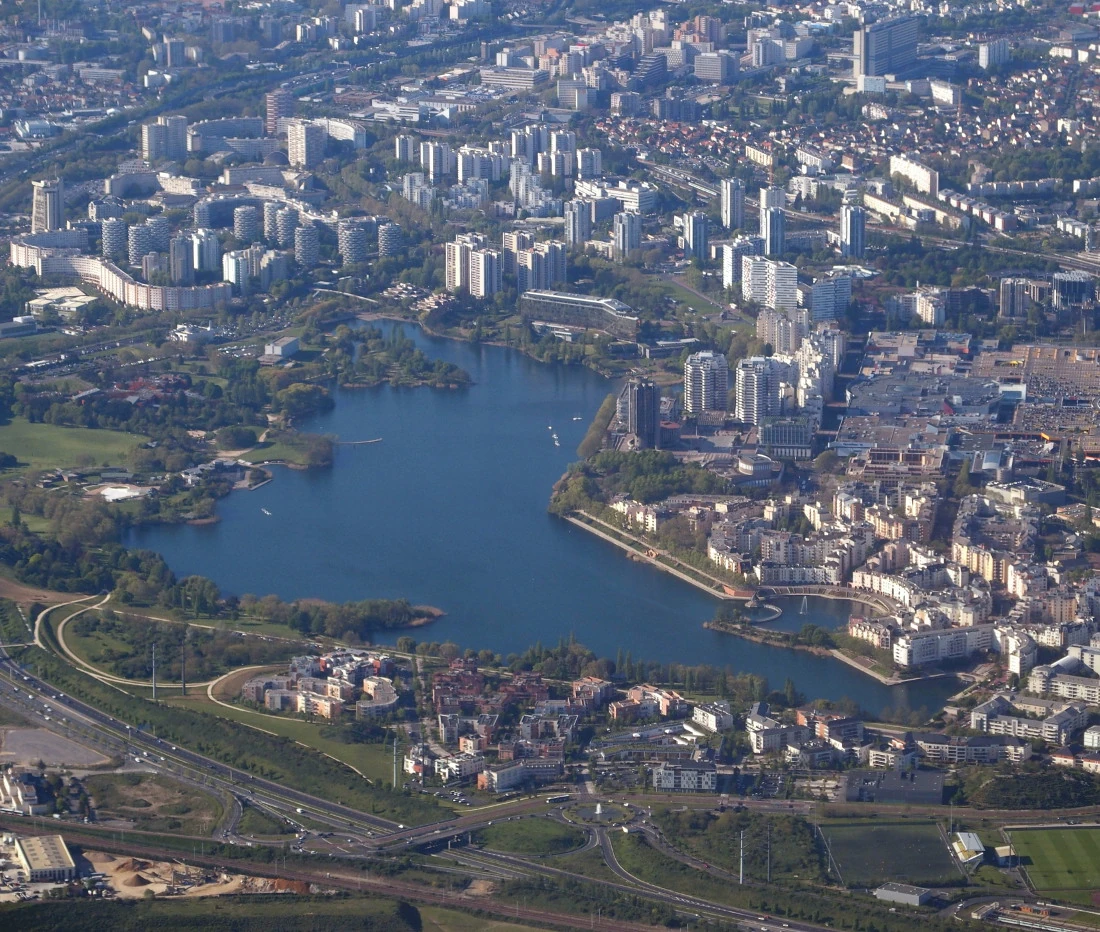



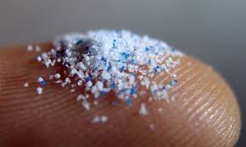
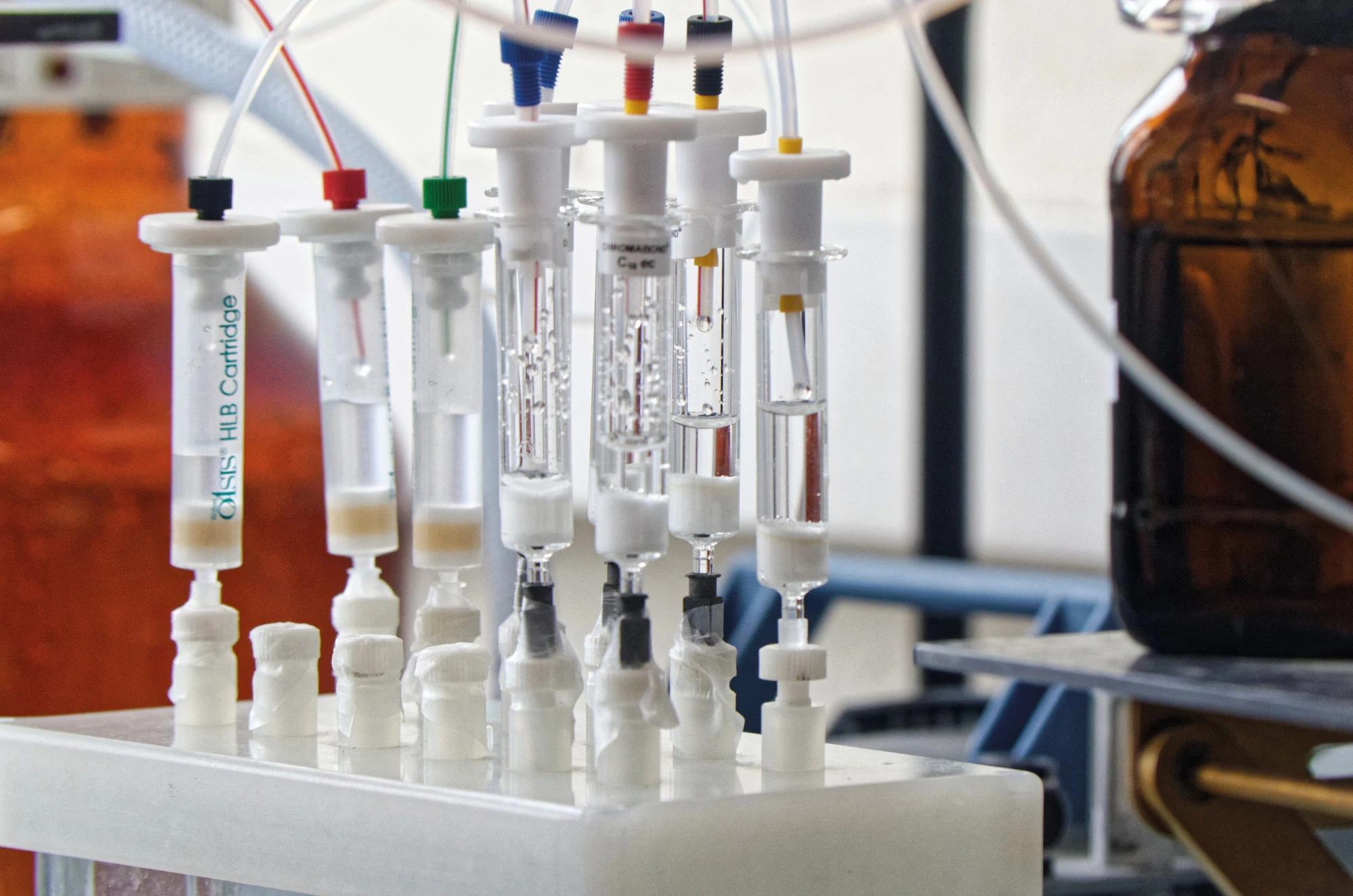
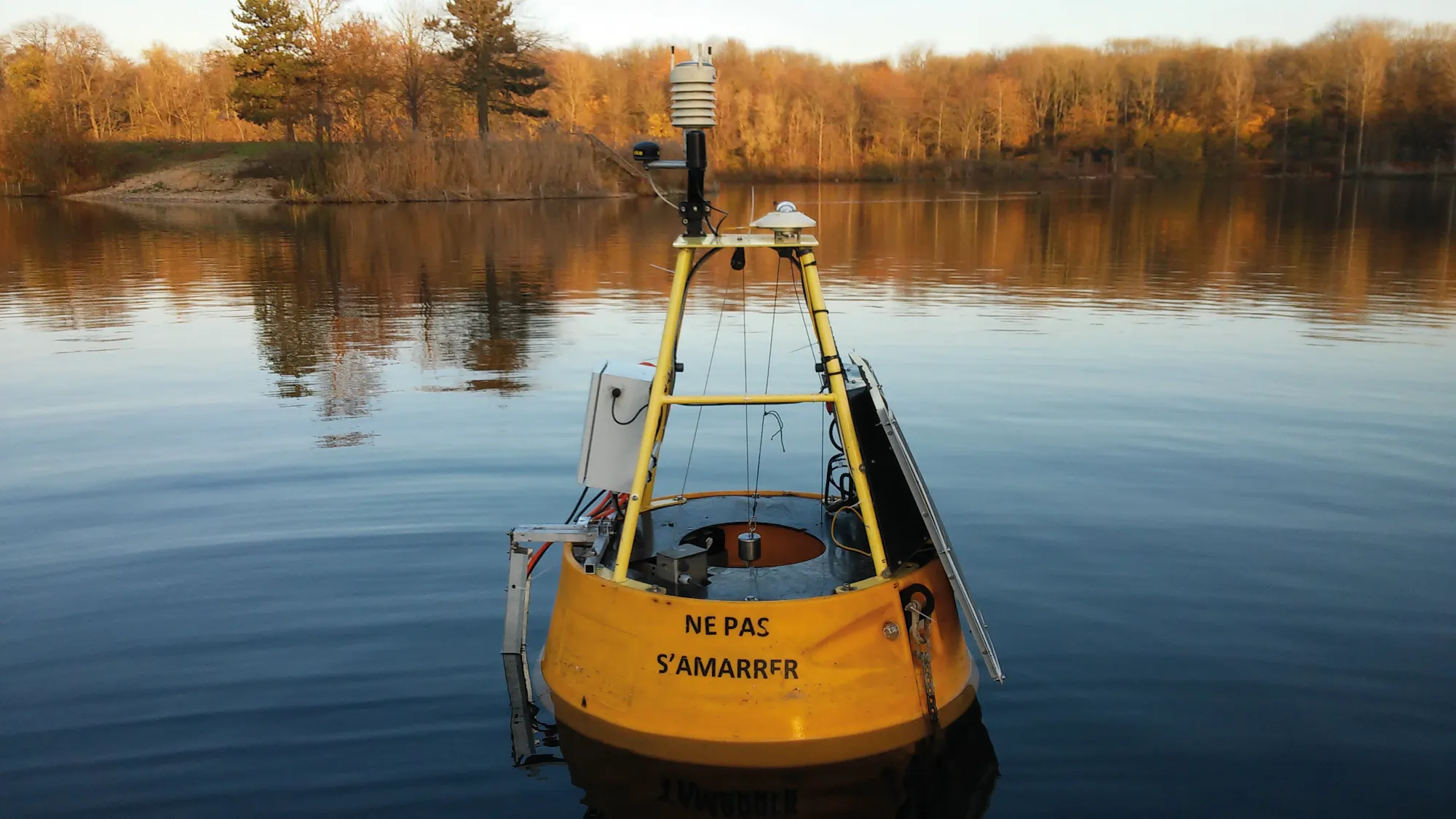
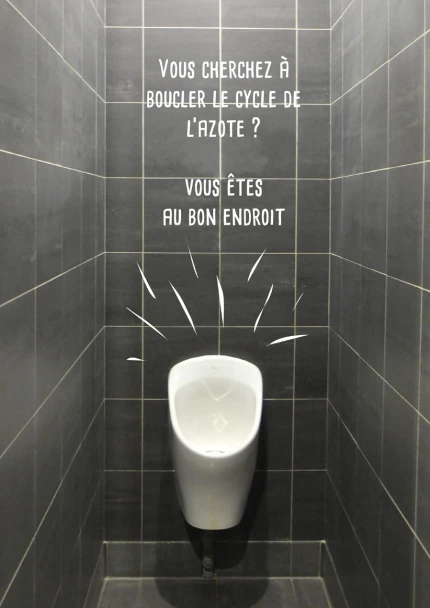
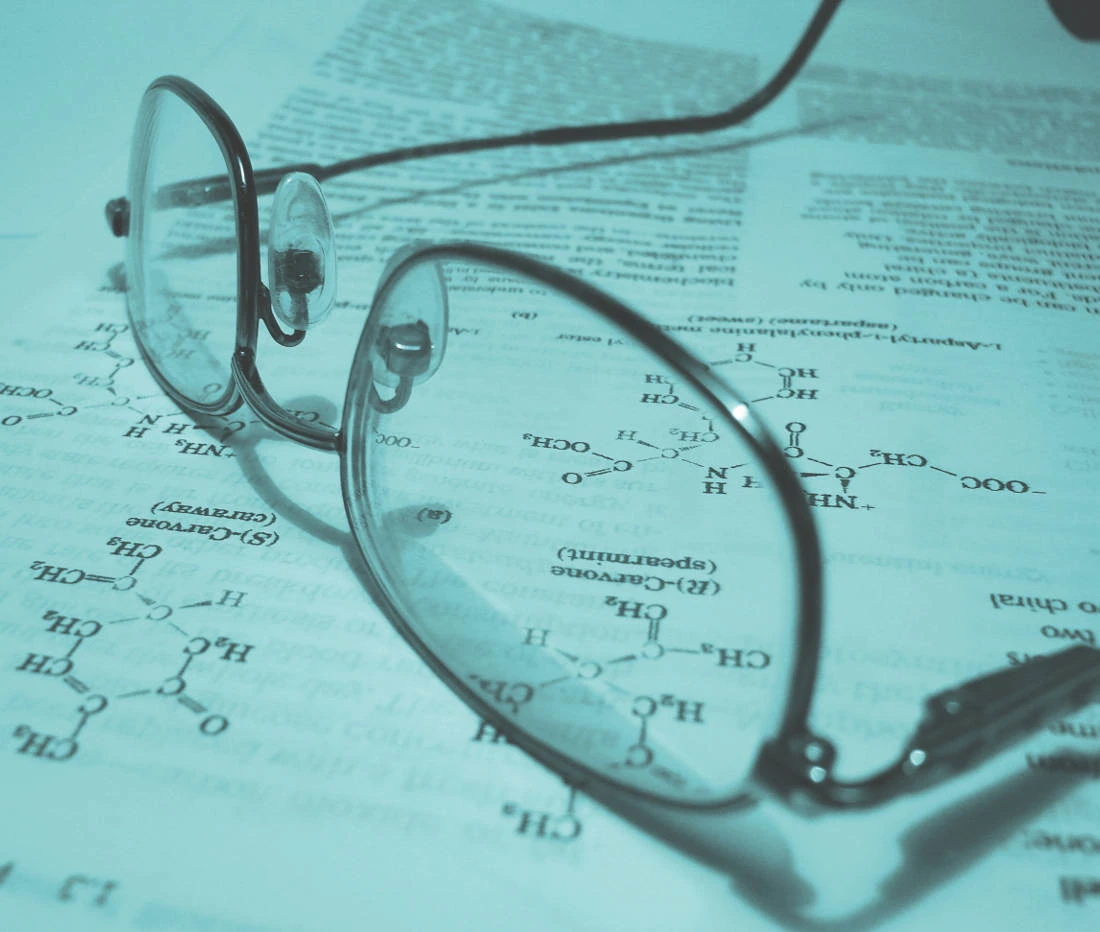 Scientific production
Scientific production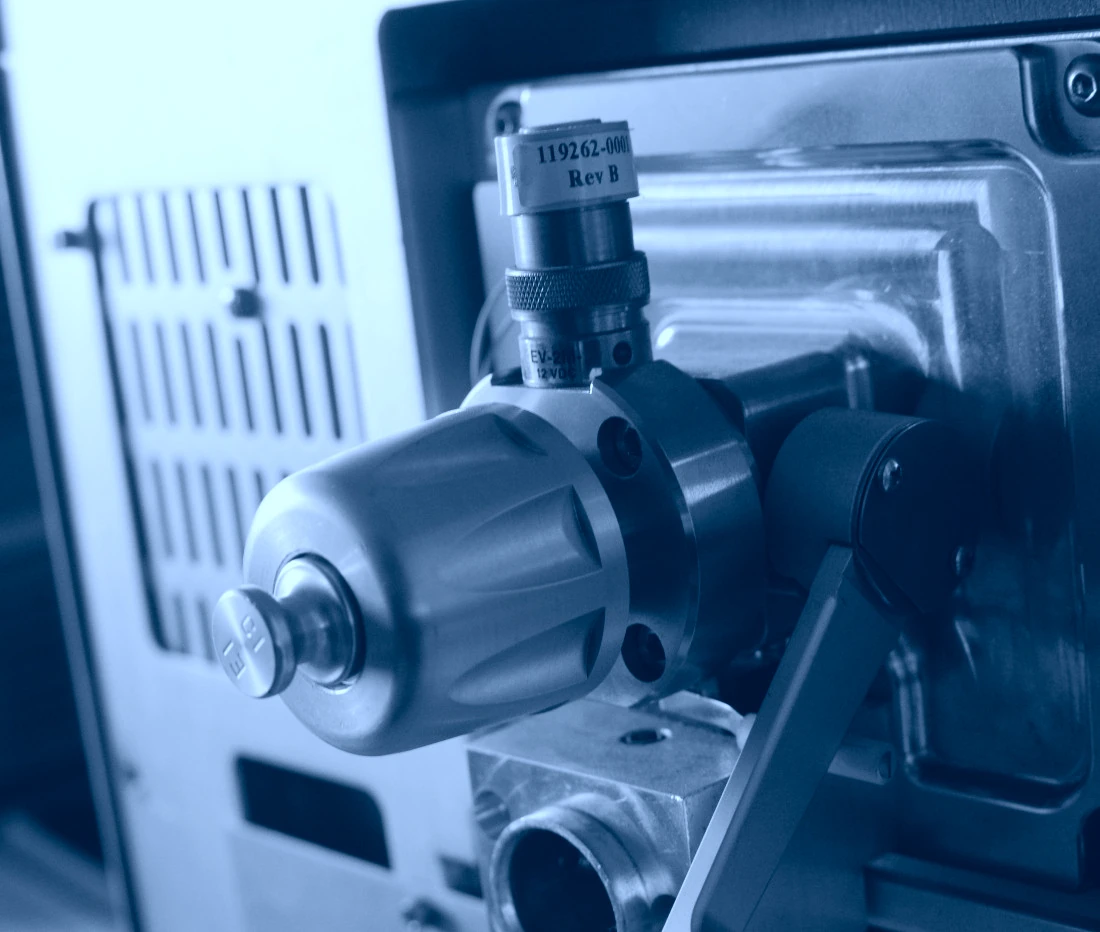 Technical resources and equipment
Technical resources and equipment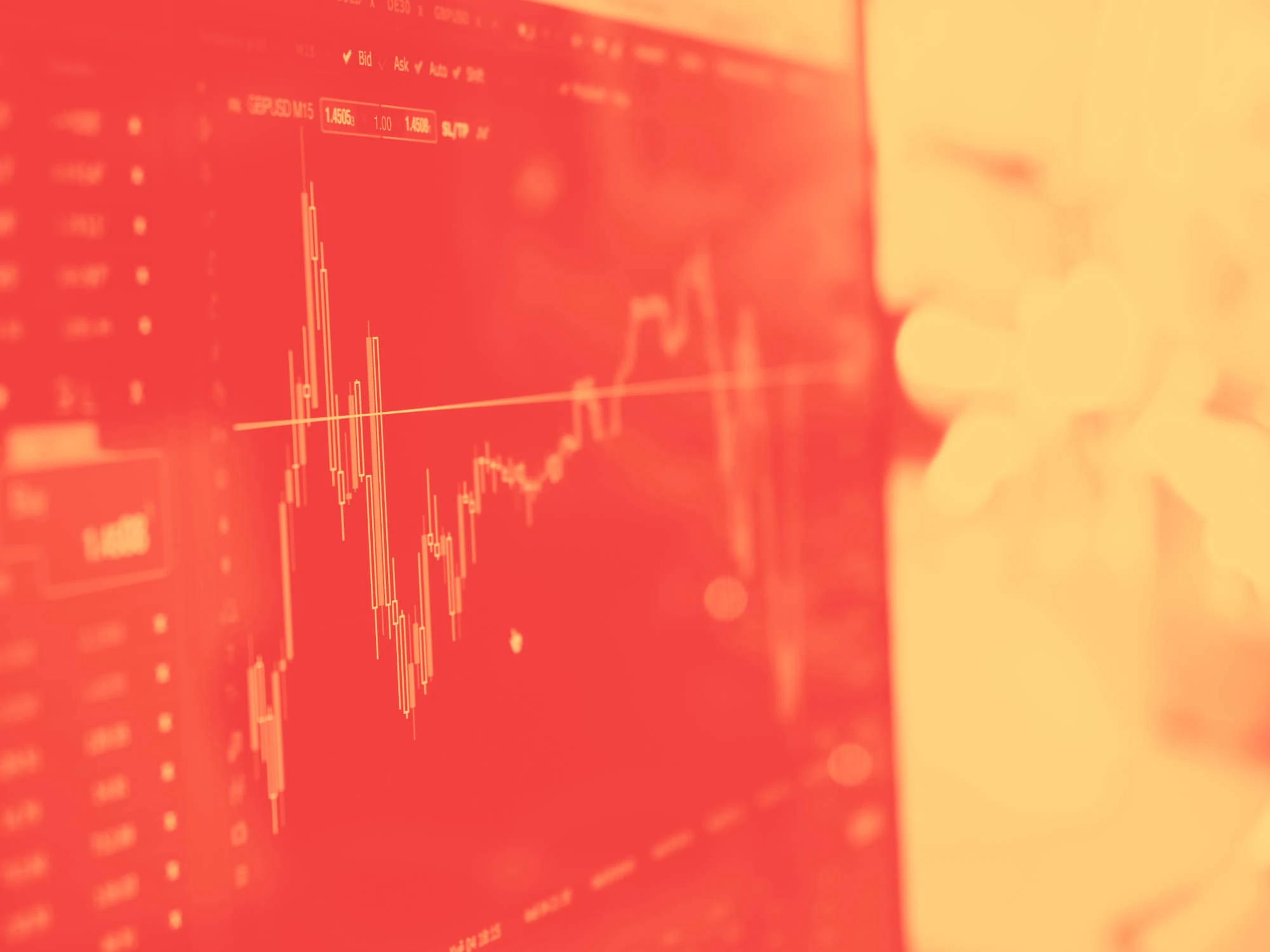 Expertise and disciplines
Expertise and disciplines
